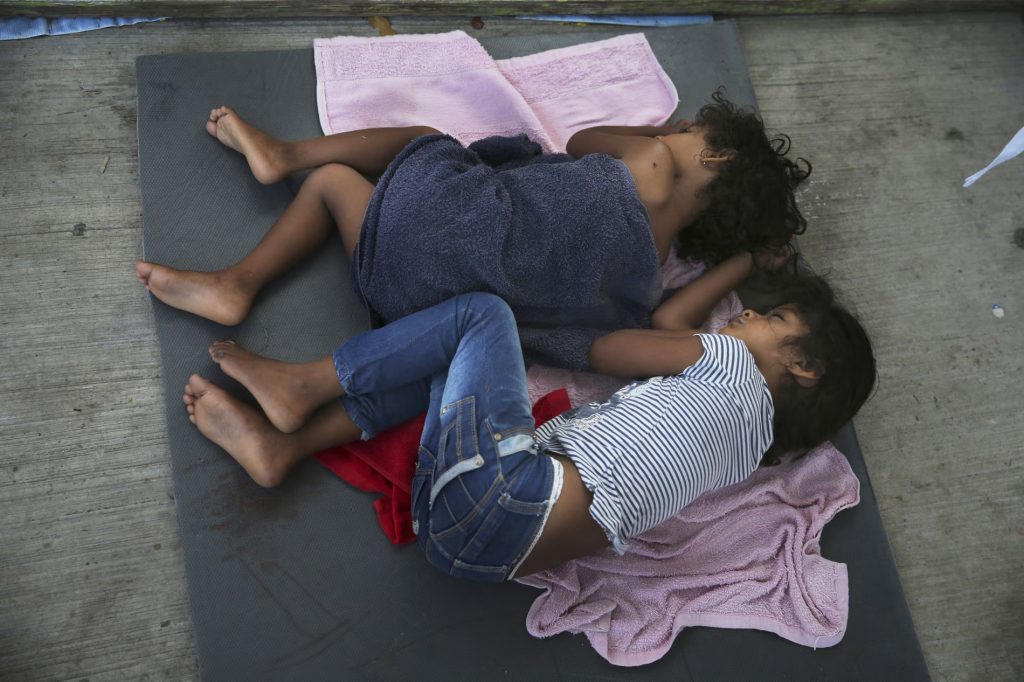An engineer working on Elon Musk’s DOGE project reportedly accessed sensitive data from the Unaccompanied Alien Children portal, which includes information on migrant children and reports of abuse. Former officials from the Department of Health and Human Services are questioning why someone from DOGE was given access to such private information. This has raised serious concerns about data protection and the safety of unaccompanied minors in government care.
As the news spreads, other immigration issues across the U.S. are also drawing attention. Reports show that the Trump administration’s past immigration policies have made it harder for nursing homes and home care centers to find enough workers, since many caregivers are immigrants. These policies continue to affect both patients and families.
In court filings, it was discovered that the U.S. government used social media posts and tattoos to build a scorecard for deportation decisions, especially targeting Venezuelans. Many families say this system is unfair and puts innocent people at risk. The ACLU released these findings, urging a review of how such decisions are made.
What is the main concern about Elon Musk’s DOGE and migrant children?
An engineer from DOGE had access to private information about migrant children, including abuse reports. This has raised major questions about data privacy and why the tech project was linked to the children’s records.
Meanwhile, conservative voices are beginning to question former President Trump’s harsh immigration actions. Even Joe Rogan and others on the right are showing concern over the current direction of immigration enforcement. Policy shifts are also putting emotional pressure on Latino families, especially children who are dealing with stress and fear from the changes.
A new report has found that up to 80% of immigrants at risk of deportation are Christians. Advocacy groups are asking faith communities to speak up against these deportation practices. A law professor from Boston College even called these arrests part of a “struggle for the soul of the country,” highlighting the moral and legal battles surrounding immigration enforcement.
Elsewhere, Vermont prisons are being used more often to hold immigrants detained by ICE and Customs and Border Protection. Many detainees struggle to contact their families and some have faced violence. In Illinois, a Venezuelan man named Jose Gregorio Gonzalez is being temporarily released from detention so he can donate a kidney to his brother. His case shows the human side of immigration policies.
In Ohio, three Haitians fear they will be killed if deported back to Haiti due to rising gang violence. And in New York, Governor Kathy Hochul criticized ICE for the “cruel” detention of a mother and her three children, who were taken from a dairy farm and moved 1,800 miles away. Advocates in New York are pushing for the Dignity Not Detention Act to stop local jails from working with ICE.
A Harlem activist, Robert Panton, was also detained after a regular ICE check-in and has not returned home since. At the same time, federal education funding cuts have delayed important civil rights investigations into segregation and unfair school systems in New York City. Across the country, organizations like Women of Welcome—a faith-based migrant aid group—are working to change the narrative and support asylum seekers, calling it a religious mission.

